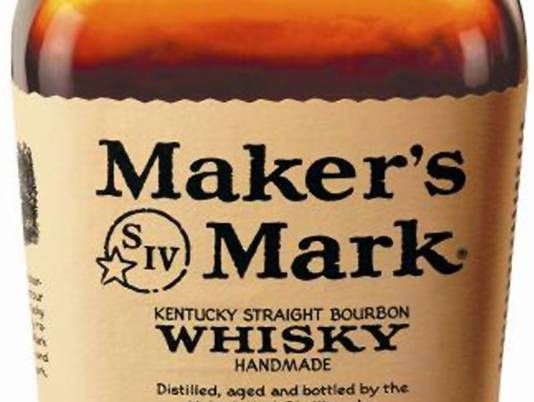Top Class Actions’s website and social media posts use affiliate links. If you make a purchase using such links, we may receive a commission, but it will not result in any additional charges to you. Please review our Affiliate Link Disclosure for more information.

Maker’s Mark class action lawsuit says consumers were misled into believing the Kentucky whisky bourbon is “handmade.”
A Florida federal judge last week dismissed a proposed class action lawsuit accusing Beam Suntory Inc. and Maker’s Mark Distillery Inc. of misleading consumers into believing their popular Kentucky bourbon whisky is “handmade,” saying “no reasonable consumer” would believe that a mass-produced bourbon for a nationally marketed brand like Maker’s Mark could be made by hand.
The ruling could have implications for similar deceptive labeling class action lawsuits accusing other liquor companies of misusing terms like “handmade” and “handcrafted” to trick consumers into purchasing products they perceive to be of higher quality.
Florida plaintiff Dimitric Salters filed the Maker’s Mark class action lawsuit in December 2014, alleging that he and other consumers purchased Maker’s Mark based on label statements that it is “handmade.” The bourbon is not made by hand, however, because video footage and photos from the distillery show that automatic machinery is used in the manufacturing process, Salters argued.
U.S. District Judge Robert L. Hinkle shot down this argument on May 2, saying the plaintiffs “have been unable to articulate a consistent, plausible explanation of what they understood ‘handmade’ to mean in this context.”
Hinkle then went into detail about the what the term “handmade” means in today’s modern age, an opinion that could be used as a defense by other liquor manufacturers embroiled in similar class action lawsuits over using this term.
A class action lawsuit filed in February says Jim Beam bourbon is falsely labeled as “handcrafted” and “handmade” despite the fact that it’s created using machines and “there are no skilled craftsmen involved in this manufacturing process.”
Earlier this week, the makers of Tito’s Handmade Vodka asked a federal judicial panel to not consolidate eight class action lawsuits that challenge the use of the word “handmade” on the vodka label, which plaintiffs allege is “mass produced” by machines.
A similar Maker’s Mark ‘handmade’ bourbon class action lawsuit is pending in California federal court (Nowrouzi v. Maker’s Mark Distillery Inc.).
“Nobody could believe a bourbon marketed this widely at this volume is made entirely or predominantly by hand,” Judge Hinkle said. “Understandably, then, the plaintiffs have not asserted that ‘handmade,’ in this context, means literally made by hand. They have offered other possible meanings, including made from scratch or in small units. But the defendants say they make their bourbon from scratch and in small units. The plaintiffs have alleged no contrary facts. Indeed, the label says each batch of Maker’s Mark consists of no more than 19 barrels—a representation the plaintiffs have not challenged.”
Hinkle also picked apart the plaintiffs’ suggestion that “handmade” means using smaller or less modern machines, that it connotes greater value as a “craft” bourbon, or implies close attention by a human being, not a high-volume, untended process.
“But the defendants say their human beings pay close attention and that, while they produce a large volume of bourbon, they do it in small, carefully tended batches. Again, the plaintiffs have alleged no contrary facts. The plaintiffs have not alleged, and could not plausibly allege, they were unaware that Maker’s Mark is mass marketed nationwide,” Judge Hinkle said.
“In sum, no reasonable person would understand ‘handmade’ in this context to mean literally made by hand. No reasonable person would understand ‘handmade’ in this context to mean substantial equipment was not used. If ‘handmade means only made from scratch, or in small units, or in a carefully monitored process, then the plaintiffs have alleged no facts plausibly suggesting the statement is untrue. If ‘handmade’ is understood to mean something else—some ill-defined effort to glom onto a trend toward products like craft beer—the statement is the kind of puffery that cannot support claims of this kind. In all events, the plaintiffs have not stated a claim on which relief can be granted.”
The Maker’s Mark False Labeling Class Action Lawsuit is Dimitric Salters, et al. v. Beam Suntory Inc., et al., Case No. 4:14-cv-00659 in the U.S. District Court for the Northern District of Florida.
ATTORNEY ADVERTISING
Top Class Actions is a Proud Member of the American Bar Association
LEGAL INFORMATION IS NOT LEGAL ADVICE
Top Class Actions Legal Statement
©2008 – 2024 Top Class Actions® LLC
Various Trademarks held by their respective owners
This website is not intended for viewing or usage by European Union citizens.














